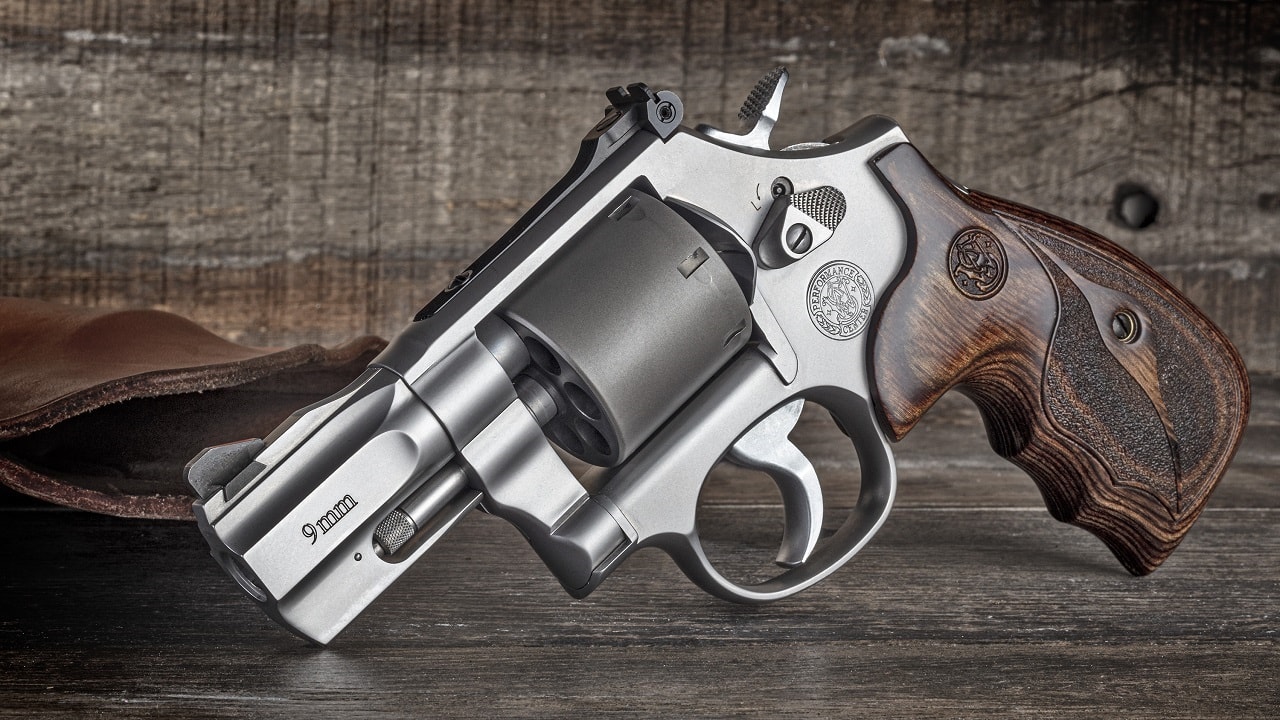High Taxes on Guns and Bullets: The New Gun Control? In recent years, some communities have sought to introduce so-called “sin taxes,” which are any taxes levied in a specific activity or good that is deemed to be “harmful” to an individual or society as a whole. This could include gambling, tobacco, alcohol, drugs, fast food, soft drinks, and even candy. Such goods normally generate an attractive amount of revenue, which also is why many state or city governments tend to favor sin taxes as a revenue stream.
In addition, the general thinking is that such taxes will curb the use of goods/products or activities.
Even as many experts on gun violence admit that taxing guns or ammunition would likely not prevent nefarious actors from having access to them, it has been argued that such taxes could be used to fund lifesaving violence prevention programs.
Last year, California lawmakers introduced legislation that would tax firearms and ammunition. AB1223, which would have added an excise tax of 10 percent on handgun sales and 11 percent on long guns, fell short of advancing by supermajority in the state Assembly last summer, but it is likely that lawmakers will continue to try to pass such a tax in the future.
However, supporters of the Second Amendment have long contended that such a tax wouldn’t be constitutional. In this case, it wouldn’t be a Second Amendment issue either.
“It is a clear violation of the First Amendment,” Sam Paredes, executive director of Gun Owners of California, told ABC News in November last year. “It is unconstitutional to require an excise tax, insurance, any monetary requirement before someone exercises an enumerated constitutional right.”
The courts have seemed to have agreed.
Past efforts by some communities to introduce taxes have been overturned by their respective states’ Supreme Court. Such was the case when Seattle tried to require retailers to pay $25 tax on each firearm sold, or when Cook County, Illinois also tried to add a similar $25 tax on gun sales. The Supreme Courts in both Washington and Illinois argued the moves were unconstitutional.
However, earlier this year, the City of San Jose, California did pass legislation that required that gun owners must carry liability insurance or face a tax to keep any firearms they own. As most homeowner or rental insurance will generally satisfy the ordinance, the law has been seen as falling short of what gun control advocates hoped it might accomplish.
The fact remains that the same would be true for most taxes or fees. Sin taxes largely don’t keep people from gambling, smoking, or eating junk food – and as such have been seen as unfairly impacting those with lower incomes. The same would be true of any additional taxes on guns and ammunition.
Gun Control and Existing Taxes
Currently, there is already a federal tax on firearms and ammunition, and it has been in place for decades. That includes a 10 percent tax on the sale of pistols and revolvers, while there is an 11 percent tax on other firearms and ammunition.
The revenue from those taxes is used to fund wildlife conservation efforts and education programs for hunters.
Some $1 billion was generated in excise taxes on hunting, shooting, and other outdoor sports equipment in 2019, according to the Department of the Interior data.
Authorized by Congress through the Pittman-Robertson Federal Aid in Wildlife Restoration Act and Dingell-Johnson/Wallop-Breaux Federal Aid in Sport Fish Restoration Act, the funds raised by taxes do support critical state conservation and outdoor recreation projects. In fact, it could be argued that hunters and sportsmen/women are already paying more than their fair share as the taxes also support trails that are used by hikers and bird watchers.
Now a Senior Editor for 1945, Peter Suciu is a Michigan-based writer who has contributed to more than four dozen magazines, newspapers and websites. He regularly writes about military hardware, and is the author of several books on military headgear including A Gallery of Military Headdress, which is available on Amazon.com. Peter is also a Contributing Writer for Forbes.


L'amateur d'aéroplanes
June 14, 2022 at 1:33 am
As a Frenchman, I am taken aback that many American states give free access to firearms without the buyers having a minimum of training for their own safety. Even in Mexico, we don’t have as many stories where children accidentally shoot themselves or injure those around them.
Andrwe Winter
June 14, 2022 at 10:32 am
There is nothing new in this approach. It is exactly the approach that the ATF uses to control fully automatic weapons. These weapons are not banned! They are taxed plus you have to pay a massive fee for the “Class 3” permit. But they are legal guys.
Peter Suciu
June 14, 2022 at 11:19 am
That isn’t correct. There is no “Class 3” permit for individuals. Class III is a type of Federal Firearms License. In 37 states you can legally transfer an NFA item, such as a machine gun. This involves a background check with fingerprints, and paying a $200 transfer fee/tax.
But the tax is not based on the value of the firearm. So it isn’t exactly the same.